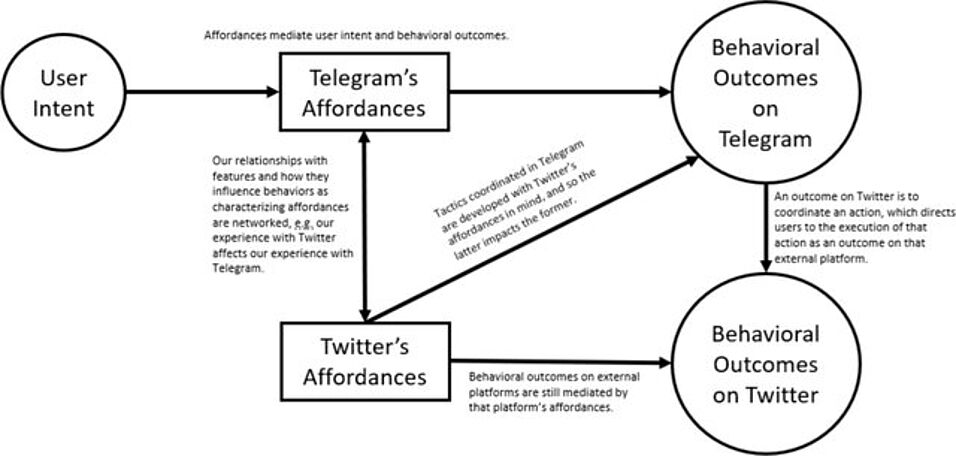The academic journal Digital War has published a paper titled "Tactics and affordances in the mediatization of war: pro-Ukrainian cyber resistance on Telegram", written by Richard Noel Canevez, Kateryna Maikovska, and Lara Zwarun.
When Russia escalated its invasion of Ukraine in February 2022, pro-Ukrainian resisters around the world took to cyber and digital spaces to support Ukraine's cause. Social media platform Telegram played a vital role in coordinating and mobilizing action transnationally, foregrounding the impact of platform design and use in the trajectory of war's mediatization.
The study contributes to empirical research and theory around cyber resistance tactics and platform affordances. The authors use qualitative thematic analysis to examine Telegram posts from the first two months of the full-scale invasion on select pro-Ukrainian resistance channels, identifying a range of tactics constructed within Telegram. This includes a phenomenon of "kitting" whereby capable members and moderators provide tools and templates, along with guidance, to participants to lower the access barrier to cyber resistance.
The authors discuss Telegram's affordances in relation to these tactics and, noting how Telegram is used to coordinate action on other social media, they propose a model of user-affordances interaction in a multiplatform media environment. Lastly, the authors provide suggestions for designers and policymakers regarding platform designs in broadly coordinated cyber resistance.
Find the full paper here: https://link.springer.com/article/10.1057/s42984-024-00096-x
or here: https://www.researchgate.net/publication/384698422_Tactics_and_affordances_in_the_mediatization_of_war_pro-Ukrainian_cyber_resistance_on_Telegram
Cite article: Canevez, R.N., Maikovska, K. & Zwarun, L. Tactics and affordances in the mediatization of war: pro-Ukrainian cyber resistance on Telegram. Digi War 5, 167–180 (2024). doi.org/10.1057/s42984-024-00096-x

